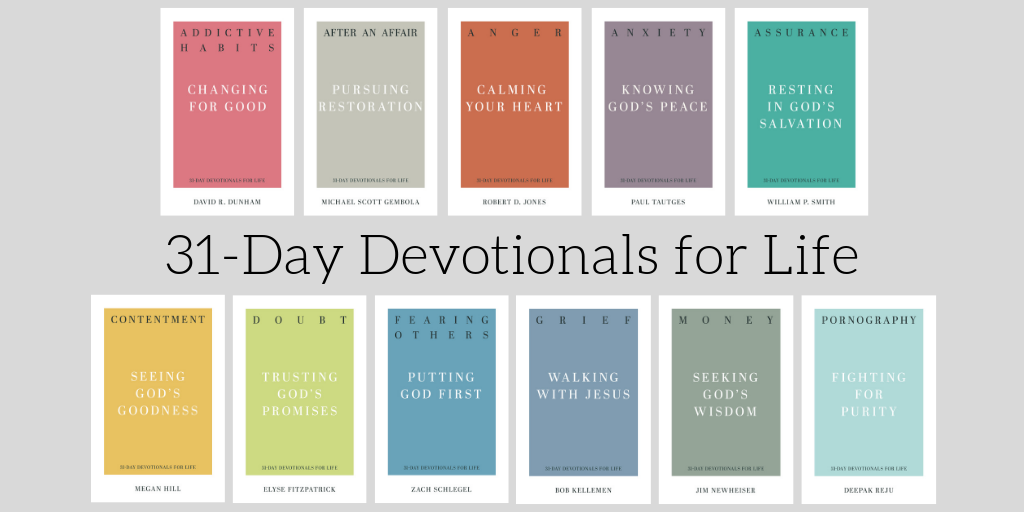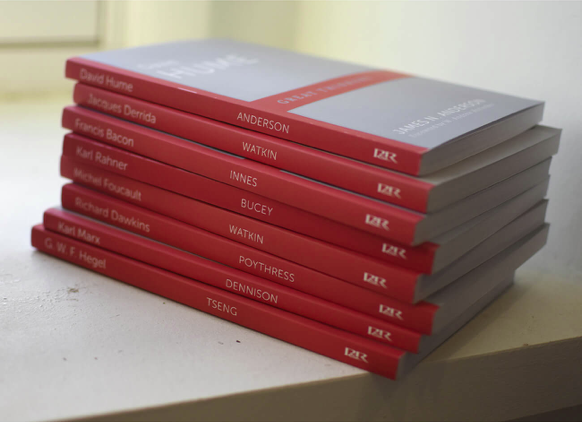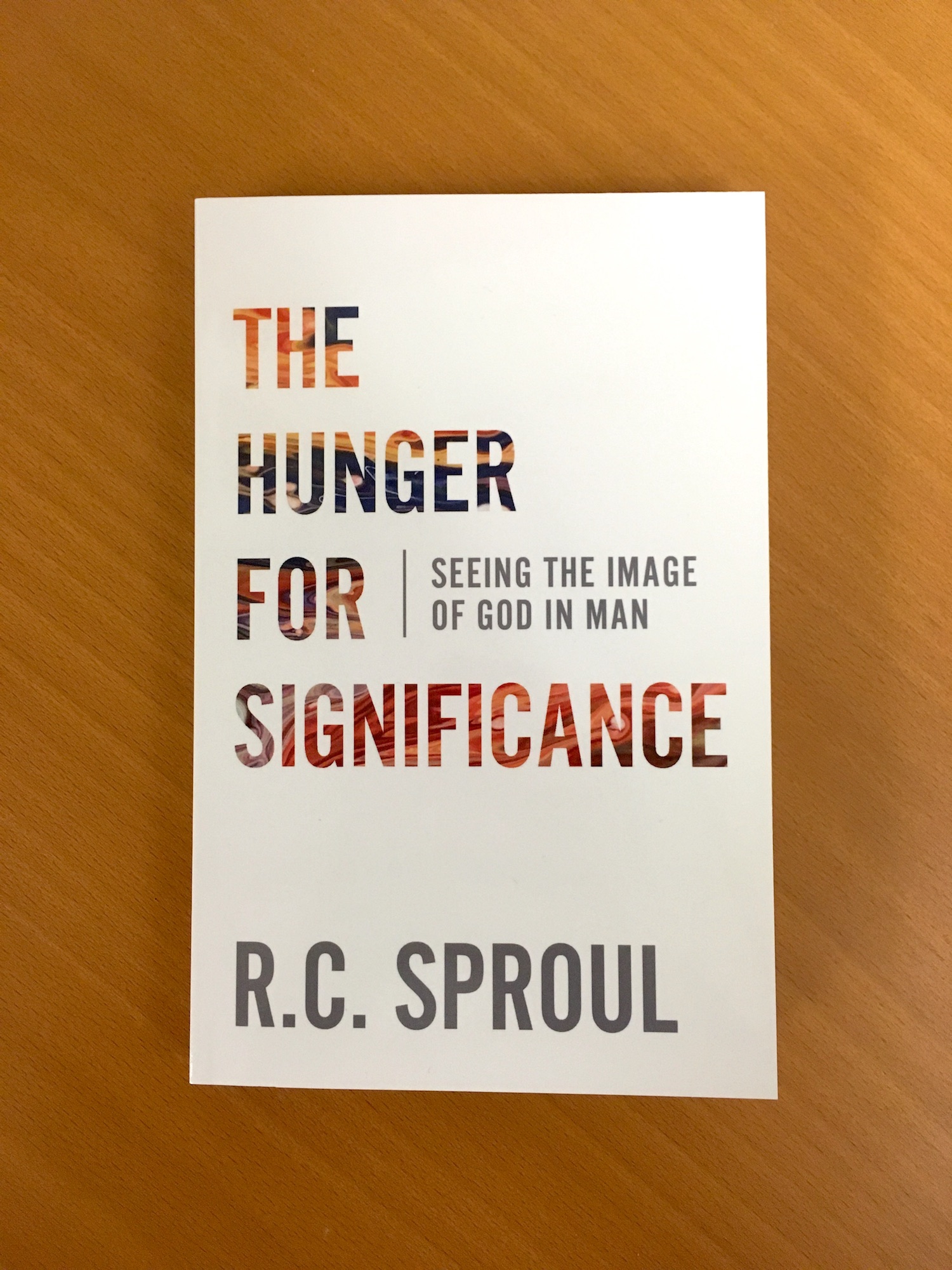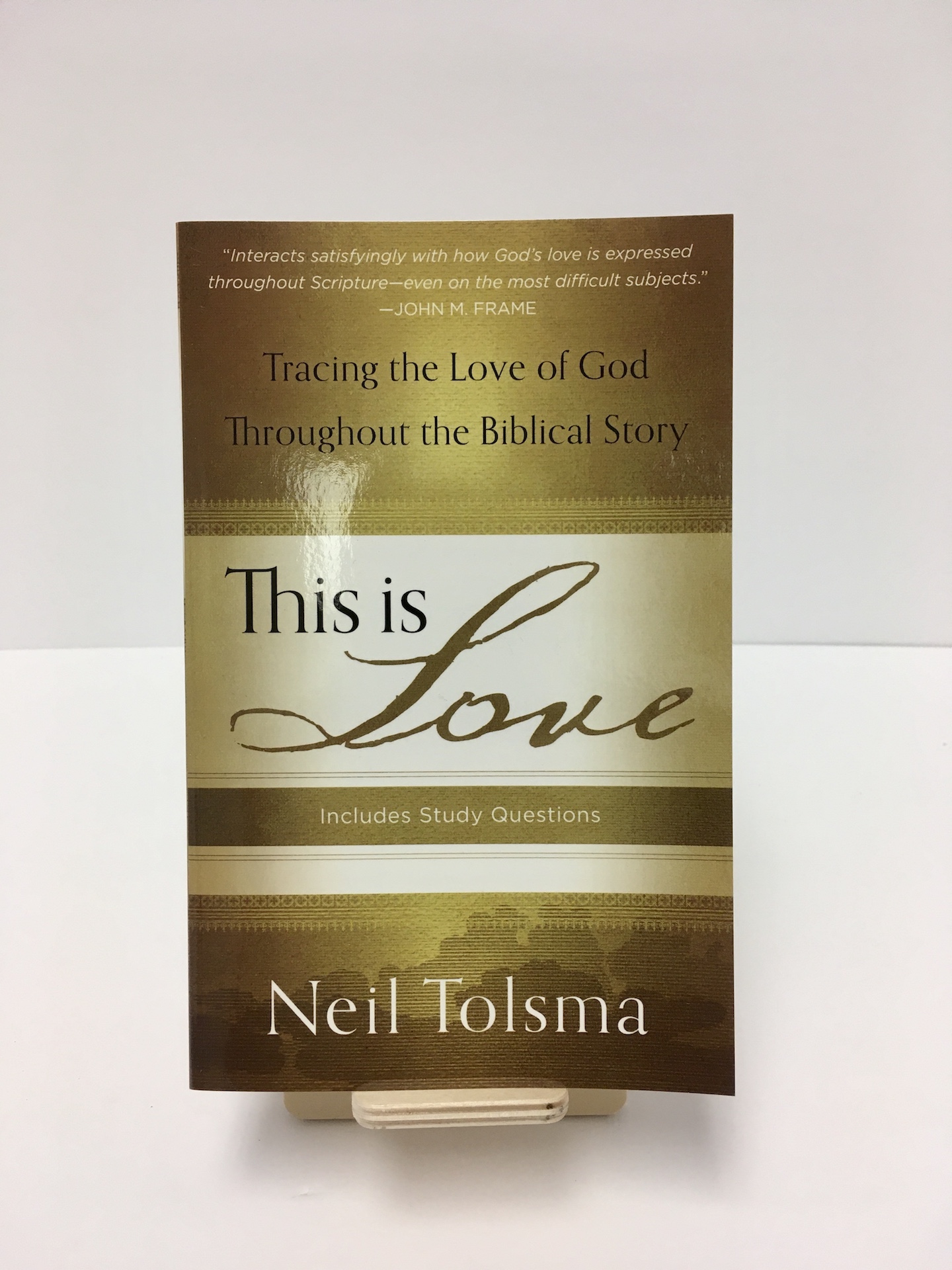
The Hunger for Significance: Seeing the Image of God in Man by R.C. Sproul
$16.99 | 264 pages | Paperback
About
Dr. Sproul’s classic gets to the heart of humanity’s search for personal worth. As he sheds light on daily obstacles to dignity—in home, school, hospital, prison, church, and workplace—Dr. Sproul points us to new ways of loving and serving one another.
Endorsements
“As Dr. Sproul unpacks the powerful and biblical axiom of human dignity, he shows the reader how to effectively ascribe life-worth to the people we encounter every day. In an age of identity politics where the weak and vulnerable are forgotten, The Hunger for Significance is a must-read!”
—Joni Eareckson Tada, Founder, Joni and Friends International Disability Center
“This is classic R.C. Sproul. It is precisely the book the church needs to help us to rightly grasp the dignity and purpose of each and every human being, all image bearers of our holy, loving, and gracious God.”
—Burk Parsons, Senior Pastor, Saint Andrew’s Chapel, Sanford, Florida
“In this penetrating analysis, R.C. Sproul explores our search for meaning in a variety of circumstances and places. We were created in God’s image to live in communion with our Creator and under his Lordship. Sproul uses his keen mind to teach us how and why we all want our lives to count. This book is a must-read for everyone: pastors, church leaders, and laypeople.”
—Miguel Núñez, Pastor Titular, Iglesia Bautista Internacional
“It takes someone who so profoundly wrestled with the question Who is God? to help us so clearly and cogently with the question Who am I? In our current moment of identity confusion, chaos, and crisis, this new edition is urgently needed. With biblical wisdom, theological maturity, and generous anecdotes, Dr. Sproul covers every aspect of our lives, painting the portrait of true human dignity.”
—Stephen J. Nichols, President, Reformation Bible College
A Covenantal Vision for Global Mission edited by Peter A. Lillback, Paul Wells, and Henk Stoker
$29.99 | 384 pages | Paperback
About
Bringing together contributors from Africa, Asia, North and South America, and Europe, A Covenantal Vision for Global Mission seeks to ground the growing interest in the missional character of Christian outreach in the classic biblical and historic Reformed theological understanding of God’s covenantal relationship—of creation, grace, redemption, and consummation—with mankind. In the words of editor Peter A. Lillback, president of Westminster Theological Seminary, this is “the best paradigm for developing Christ’s global mission.”
Endorsements
“A treasure trove of mature theological reflections on how Reformed covenantal theology intersects with various aspects of global missions. The renowned scholars who have written for this significant work should be commended for their insights and contribution to Reformed missiology for this generation and generations to come.”
—Lloyd Kim, Coordinator, Mission to the World, PCA
“If theologians and missiologists are still debating the merits and problems of missio Dei theology, Reformed theology with its Christ-centered focus, rooted in the biblical redemptive history of promise and fulfillment, provides an antidote to certain of its dangers. The book is recommended reading for all those who want to familiarize themselves with good, biblically based Reformed mission theology.”
—Hannes Wiher, Missiologist in French-speaking Africa; Adjunct Professor, Seminaries at Vaux-sur-Seine and Aix-en-Provence, France
“This collection does more than enlarge on the missional component of core theological themes. The authors also make application to the heart of those engaged in missions, to the outward-focused identity that the church must embrace, and to new missional realities in the world.”
—Rob Edwards, Assistant Professor of Pastoral Theology, Westminster Theological Seminary
Table of Contents
Foreword by Peter A. Lillback
A Missions Declaration
Introduction
Part 1: The Covenant Theology of Mission
1. The Source of Mission in the Covenant of Redemption — Davi Charles Gomes
2. Covenant of Creation, Cultural Mandate, and Mission — Pierre Berthoud
3. The Covenant of Grace as the Paradigm for Mission — Peter A. Lillback
4. Mission and Gathering God’s New Covenant People — Flip Buys
5. Mission in the Light of Covenantal Eschatology — Paul Wells
Part 2: Covenant Theology and the Mission-Minded Church
6. Missions in the Fear of God — Flip Buys
7. Christ’s Dominion over Creation and Spiritual Warfare in Mission — Henk Stoker
8. Missional Preaching and the Covenant — Robert Norris
9. Tithing as a Covenantal Strategy for Mission — In Whan Kim
Part 3: Covenant Theology and Global Mission Vision
10. Covenantal Missions and the City — Naas Ferreira
11. The Witness of Reformed Christianity in a Minority Situation: Indonesia — Benyamin F. Intan
12. The Missional Minority in Post-Christian Europe — Paul Wells
13. Covenantal Apologetics and Mission — Guilherme Braun
Epilogue — Kent Hughes
Select Bibliography on Mission and Covenant
Contributors
Index of Scripture
Index of Subjects and Names
Contributors
Pierre Berthoud is president of the Faculté Jean Calvin in Aix-en-Provence, France, and president of the Federation of European Evangelical Theologians.
Guilherme Braun is a postdoctoral fellow at the University of Pretoria, South Africa, and a postulant for the ministry of the Igreja Anglicana Reformada do Brasil (IARB).
P. J. (Flip) Buys is research professor of missions at North-West University in Potchefstroom, South Africa, and international director of the World Reformed Fellowship.
Ignatius Wilhelm (Naas) Ferreira is senior lecturer of missiology in the Faculty of Theology at North-West University in Potchefstroom, South Africa.
Davi Charles Gomes is chancellor of Mackenzie Presbyterian University, pastor of the Igreja Presbiteriana Paulistana in São Paulo, Brazil, and a board member of the World Reformed Fellowship.
R. Kent Hughes retired in 2019 as professor of practical theology at Westminster Theological Seminary in Philadelphia, Pennsylvania, USA, and was for many years senior pastor of College Church in Wheaton, Illinois, USA.
Benyamin F. Intan is president of International Reformed Evangelical Seminary in Jakarta, Indonesia, a member of the Council of the World Reformed Fellowship, and a senior editor of Unio cum Christo (an international journal of Reformed theology and life).
In Whan Kim is president/vice chancellor at Swaziland Christian University in Mbabane, Swaziland, and a board member of the World Reformed Fellowship.
Peter A. Lillback is president and professor of historical theology and church history at Westminster Theological Seminary in Philadelphia, Pennsylvania, USA, and a senior editor of Unio cum Christo (an international journal of Reformed theology and life).
Rob Norris is teaching pastor of Fourth Presbyterian Church in Bethesda, Maryland, USA.
Henk Stoker is professor of apologetics and ethics in the Faculty of Theology at North-West University and vice-rector at the Theological School of the Reformed Churches in Potchefstroom, South Africa, and a member of the Council of the World Reformed Fellowship.
Paul Wells lives in Liverpool, UK, and is professeur émérite of the Faculté Jean Calvin in Aix-en-Provence, France, extraordinary professor at North-West University in Potchefstroom, South Africa, and editor in chief of Unio cum Christo (an international journal of Reformed theology and life).






